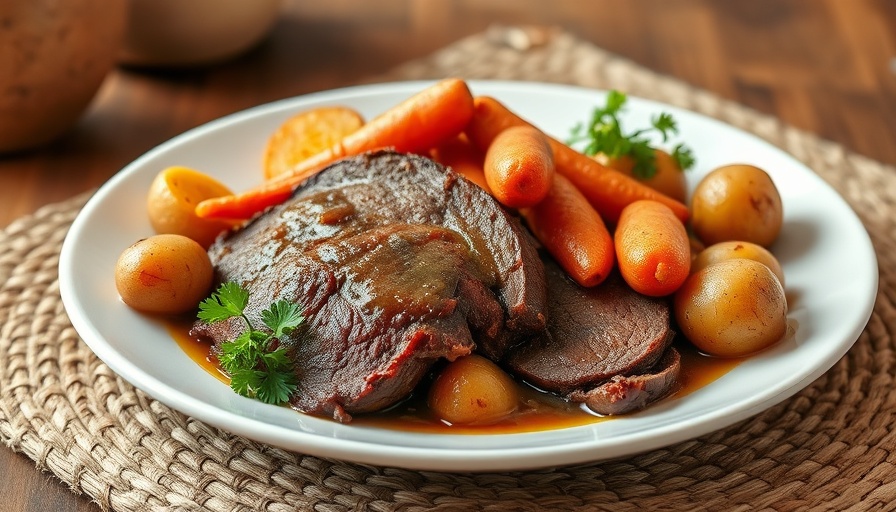
Learning to Trust Your Body: Breaking Free from Macro Tracking
Many individuals, including nutrition experts like Dr. Gabrielle Fundaro, find themselves trapped in the meticulous cycle of tracking macros. For years, Dr. Fundaro depended on this method to maintain her physique, yet she ultimately recognized that it was not fostering the healthy relationship with food she desired. It’s a sentiment shared by countless people who fear letting go of their food scales.
Confronting the Fear of Losing Control
Dr. Fundaro candidly expresses her anxieties: “What if I overeat and gain fat?” and “What if I don’t eat enough protein and lose muscle?” Such fears can paralyze individuals striving for balance in their diet. They can lead to a cycle of strict adherence to macro tracking, inhibiting one’s ability to indulge in meals without anxiety.
The Dilemma of Tracking: A Common Struggle
This struggle resonates deeply within the medical community, where professionals often encourage weight management through various measuring tactics. But in Dr. Fundaro's journey, a shift in perspective became necessary. Seeking freedom from incessant counting, she explored intuitive eating but found it challenging after years of adhering to rigid macro targets.
Finding a Middle Ground: Introducing the RPE-Eating Scale
To bridge the chasm between structure and intuition, Dr. Fundaro created the RPE-Eating Scale, inspired by the Rate of Perceived Exertion utilized in weight training. This framework allows individuals to gauge their food choices and portion sizes based on their internal cues, thus fostering a more organic relationship with food. It empowers people to eat according to their hunger signals while still maintaining a sense of control.
Utilizing RPE-Eating for Nutritional Goals
The RPE-Eating Scale may be a game-changer for professionals assisting clients on their health journeys. This tool enables individuals to calibrate their eating habits without obsessive tracking, potentially enhancing adherence to their nutritional goals, whether that’s weight loss, weight gain, or creating a sustainable balance in nutrition.
Addressing Skepticism: RPE-Eating in Perspective
It’s natural for medical professionals and clients alike to be skeptical of such a shift in approach. However, the psychological benefits of trusting one’s appetite cannot be overlooked. The ability to approach food without fear can lead to improved mental well-being, reducing the stress that often accompanies rigid dietary practices.
Takeaway: Empowering Through Trust
Ultimately, learning to trust yourself around food is about more than just abandoning macros; it’s about finding empowerment in your choices. Dr. Fundaro's journey illustrates that with the right mindset and framework, one can cultivate a fulfilling relationship with food that supports both physical and mental health.
If you or your clients are looking to redefine your relationship with food, consider exploring RPE-Eating as a potential solution. The liberation that comes with letting go of incessant tracking can be the first step toward a healthier lifestyle.
 Add Row
Add Row  Add
Add 




 Add Row
Add Row  Add
Add 

Write A Comment